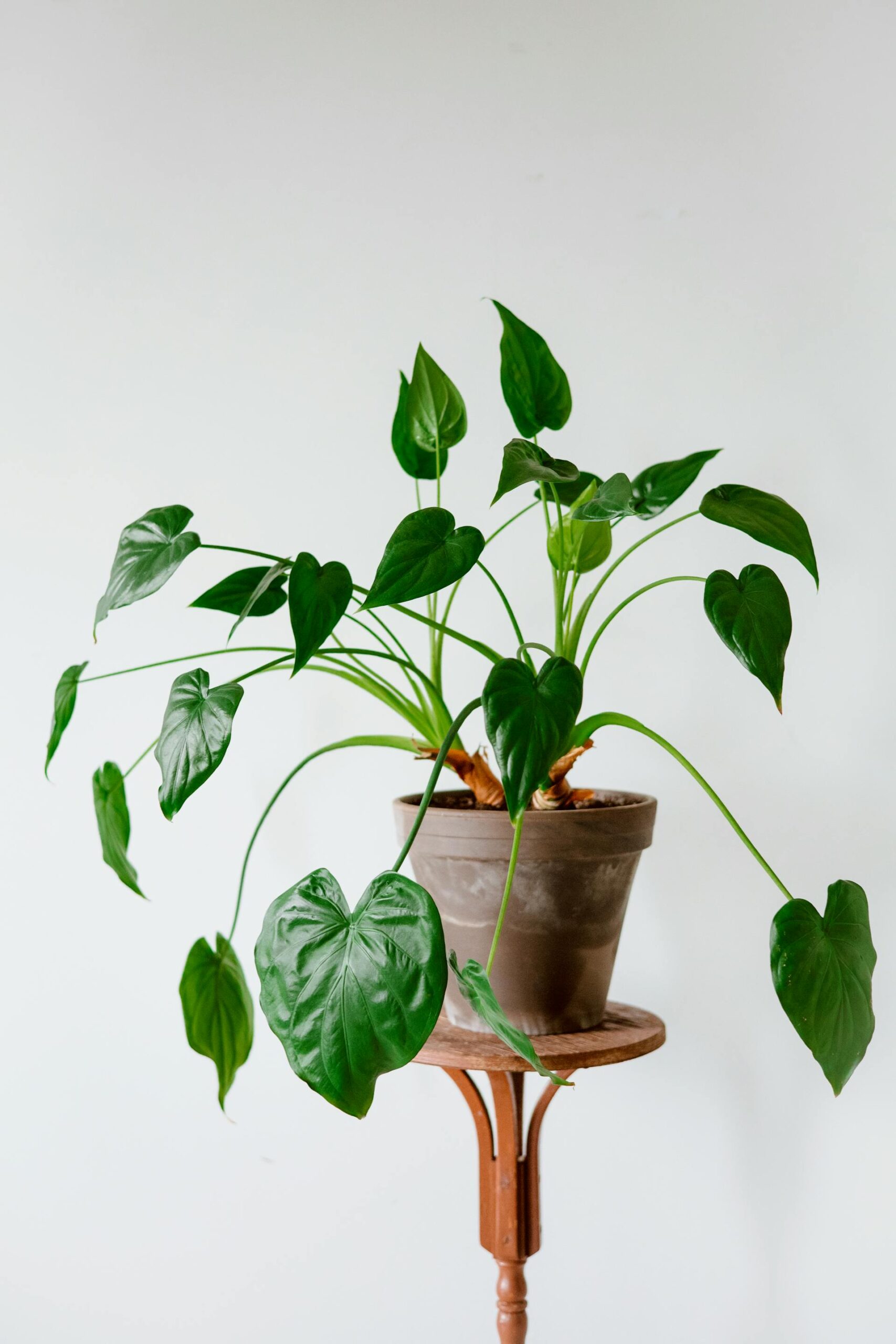Taking the time to clean up your home environment will make a significant impact on the health of you and your family as well as the Earth.
This is a long email with great ideas, recipes, and resources. I suggest printing it out and using it as a reference. Let’s get started!
When switching over to earth-friendly, non-toxic products consider these areas:
- Cookware & Kitchen Products
- Household Cleaning Products
- Yard & Garden Products
COOKWARE & KITCHEN PRODUCTS
The tools you use in the kitchen to prepare and serve food impacts your health. If you don’t already have safe, non-toxic tools, consider switching them out for your family’s health.
COOKWARE
Recommended: non-toxic cookware made from carbon steel, surgical stainless steel, ceramic, porcelain enamel, or tempered glass. Cast iron is ok to use but may increase iron levels.
Avoid: non-stick cookware such as Teflon, non-stick products, and aluminum cookware
STORAGE CONTAINERS
Recommended: glass storage containers, glass jars, beeswax food wraps
Avoid: plastic wrap, plastic bags, plastic storage containers or bottles, even those that are BPA-FREE still likely contain harmful chemicals. (BPA is one of the most harmful endocrine disrupters!)
HOUSEHOLD CLEANING PRODUCTS
The first thing you should do is read the labels of cleaning products. If the ingredients are not disclosed on the label – stop right there! It’s crucial to know the ingredients in order to avoid harmful, toxic chemicals. Remember, just because it says “Natural”, “Non-Toxic”, or “Eco-friendly” does not mean that it’s non-toxic. Use your own judgment. If you aren’t sure, use the Environmental Working Group’s Guide to Healthy Cleaning or their Healthy Living app. EWG.org
Recommended: Ecos, Dr. Bronner’s, Borax, Bio-Kleen, BonAmi; less friendly Mrs. Meyers, Seventh Generation, and Method – read the labels for these!
Avoid: ammonia, monobutyl, chlorine bleach, butyl glycol, ethylene glycol, parabens, petroleum solvents, mercury, phosphates, lead, phthalates, pesticides
YARD & GARDEN PRODUCTS
Keeping your yard free of pesticides, herbicides, and chemicals means you, your family, and your pets will have a healthier environment to enjoy and less toxicity in your bodies.
Recommended: Dr. Earth products, worm castings for fertilizers (start your own worm bin!), soapy water for aphids and other garden pests
Avoid: Round-up or similar products, ammonia, monobutyl, chlorine bleach, butyl glycol, ethylene glycol, parabens, petroleum solvents, mercury, phosphates, lead, phthalates, pesticides
HOME SUGGESTIONS
- Decrease or eliminate single-use plastic products or containers. This contributes to the earth’s toxicity and waste problem.
- Recycle everything that you can. This includes, plastic, glass, paper, metal, aluminum. Many waste management companies also have recycling programs for toxic chemicals, batteries, medications, etc. Become familiar with these earth-friendly options. Check out Ridwell for those hard to recycle items.
- Use reusable table settings when having a picnic or bar-b-que.
- Use cloth napkins.
- Leave your shoes at the door. There are many chemicals, pesticides, petrochemicals, and toxins where we walk. Wearing your shoes indoors brings toxins into your home. Have a pair of house shoes orslippers that you wear inside.
- Open your windows – let the fresh air clear the home environment – if you have allergies make sure it is a low pollen day!
- Consider purchasing a quality HEPA air filter for the main rooms in your home.
- Mimic outdoor, healthy, natural light in your home by using full spectrum or broad spectrum white lightbulbs. Avoid fluorescent light bulbs.
DO-IT-YOURSELF CLEANING PRODUCTS
To help you get started on your clean home journey I’ve included a few recipes and suggestions for cleaning solutions from the book “Green Clean – The Environmentally Sound Guide to Cleaning Your Home,” a great reference book for natural cleaning solutions.
Basic supplies you will need:
- Borax
- White Vinegar
- Baking Soda
- Washing Soda (from Arm & Hammer)
- Lavender Essential Oil
- Castile Soap or Dr. Bronner’s
- Club Soda
- Spray bottles
- Bucket
- Cotton cloths
GENERAL ALL-PURPOSE CLEANER
- 1/4 cup Borax
- 1-3 Tbsp castille soap or Dr. Bronner’s
- 1/2 gallon of hot water
- 10-15 drops of Lavender essential oil
Mix the Borax and hot water in a bucket. Make sure the Borax dissolves completely. Add the essential oil at the end. Use this for any general cleaning. You may also store the cleaner indefinitely in a spray bottle for future use.
GLASS AND SPOT CLEANER
- Club Soda
- Spray Bottle
Put Club Soda in a spray bottle and use as a window cleaner. The Club Soda is also effective at removing stains that were caused by acidic products.
TOILET BOWL CLEANER
- Baking Soda
- Distilled White Vinegar
Sprinkle baking soda in the toilet bowl. Drizzle the vinegar on the sides of the bowl. Scrub with a toilet brush.
I encourage you to start taking steps to make your home environment clean and healthy. You and your family will feel a difference and feel good about the steps you’re taking for a healthy Mother Earth!


